Oakland Veterinary Referral Services Blog
Boosting Your Pet’s Immunity to Colder Weather
We’re all familiar with a winter cold. As the seasons change and cold weather rolls in, our immune systems can take a big hit—and the same is true for our pets. With a bit of extra care, you can boost your pet’s immunity to colder weather. Keep reading to find out how.
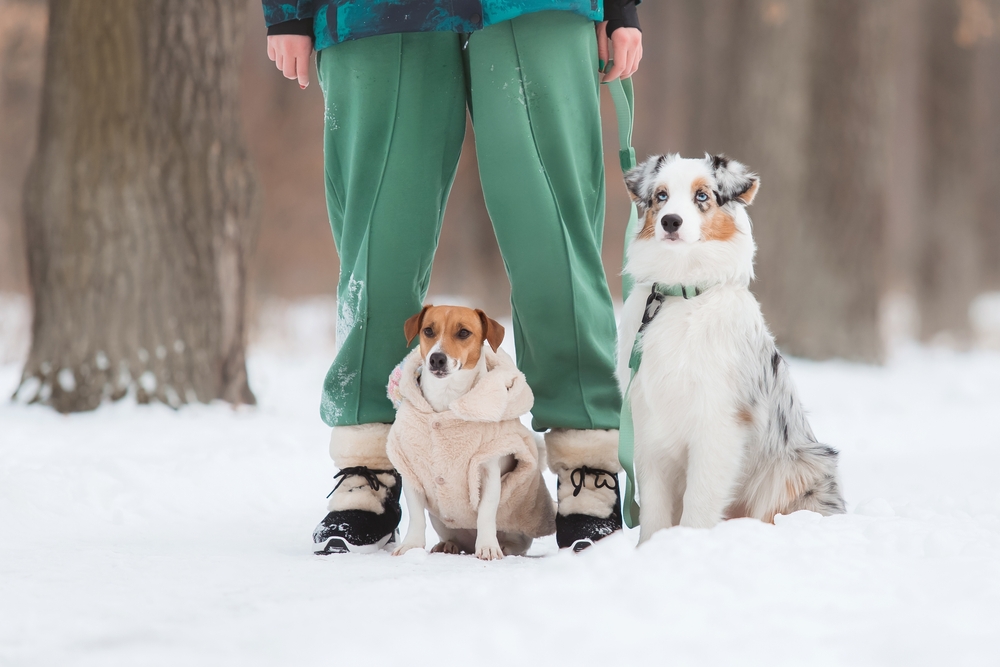
Is Your Pet Ready for Holiday Guests? Tips for Managing Pet Stress
The holiday season is in full swing. While the season is mostly joyous, it does have its fair share of stressors for people and their pets. As you prepare your home for winter visitors, it’s important to consider if your pet is ready for holiday guests. Unexpected visitors, decorations, and even smells in the house can trigger a lot of anxiety for an animal. Luckily, we’re here with some easy tips for managing pet stress so everyone can enjoy the holiday season:

The Importance of Regular Eye Exams for Pets
Your pet’s eye health is essential to overall health and comfort. Issues that develop in the eyes can cause pain and discomfort for pets, and some of these ocular problems can eventually cause blindness. Regular eye exams for pets help mitigate the risk of certain ocular diseases while giving your pets a way to continue to view the world through their eyes.
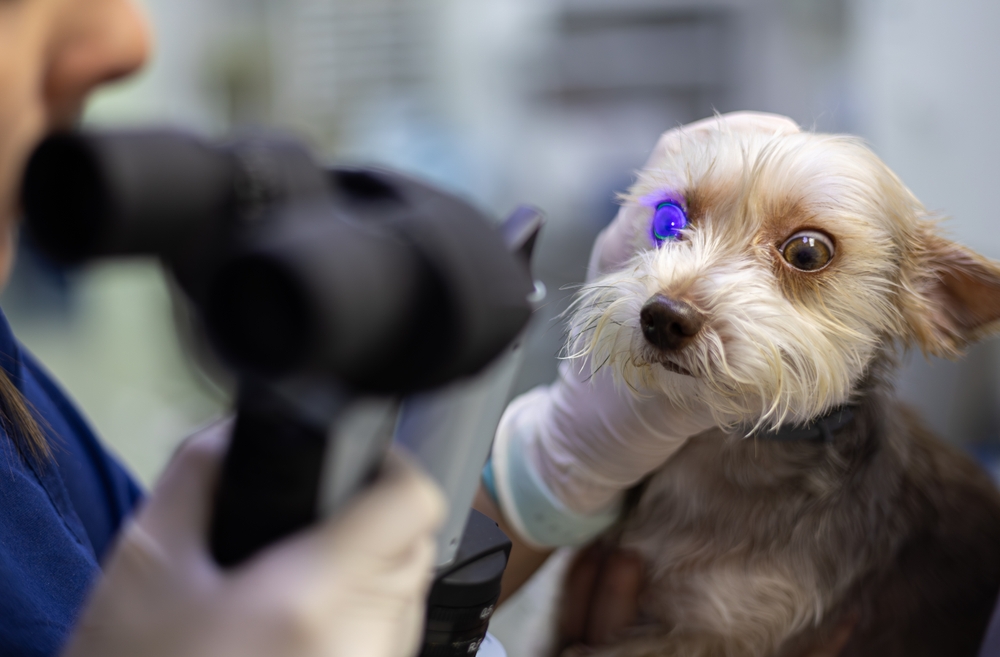
Understanding Your Pet’s Diagnosis: Tackling Complex Medical Terms
When something is wrong with our pets, it creates stress we are not used to dealing with. Understanding your pet’s diagnosis can be challenging because it is tough to hear and accept the news, in addition to hearing complex medical terms you may or may not understand. We want to help you understand some of the more common complex medical terms you might hear.
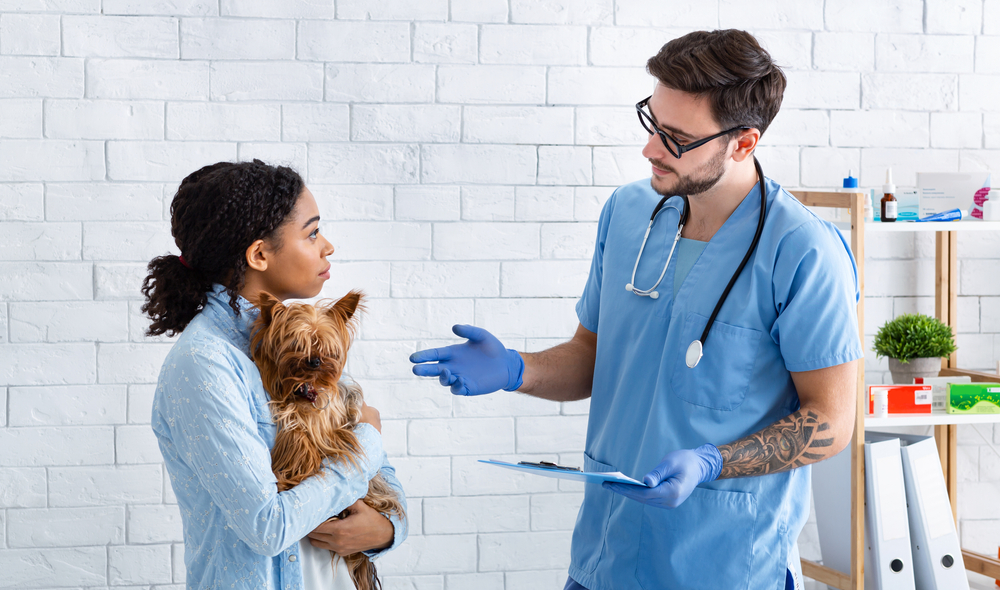
Pet Personality Traits: What Your Dog or Cat’s Breed Says About Them
While their own life experiences and temperament can affect a pet’s personality, certain personality traits are inherited based on his or her breed. Biological factors can have a big impact on your pet’s day-to-day behavior. So, how much do these biological traits affect your pet’s overall personality? Keep reading to learn what your dog or cat’s breed says about their pet personality traits. If your cat is a mix, which traits do you see coming through?
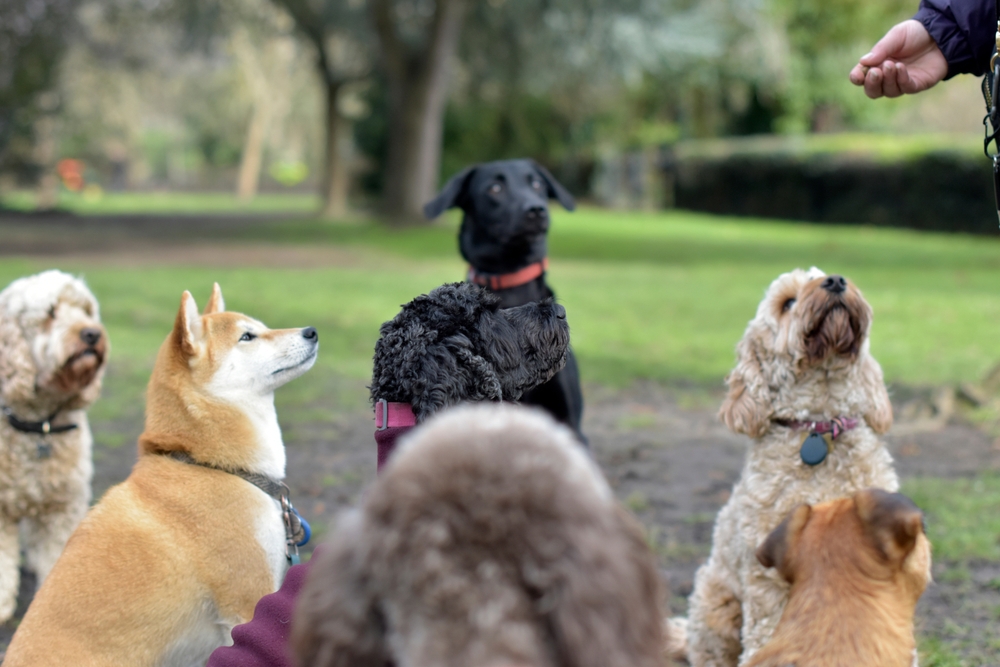
Pet Ghost Stories: Fun and Spooky Stories About Animals
It’s no secret that our pets have superior senses that allow them to hear, see, and even smell things that humans cannot. Throughout history, these extraordinary powers of observation have made animals the center of some fun and spooky myths involving the supernatural—including stories that star the pets as the ghostly figures. As we get ready to celebrate the spookiest day of the year, let’s check out some of the most fun pet ghost stories.

Understanding the Role of Veterinary Internists
Veterinary internists play a critical role in the medical field, and their expertise is essential for pets experiencing internal issues. Internal medicine helps to ensure that your pets are healthy from the inside out. Keep reading to get a better understanding of the role of veterinary internists and when they can help your pet:
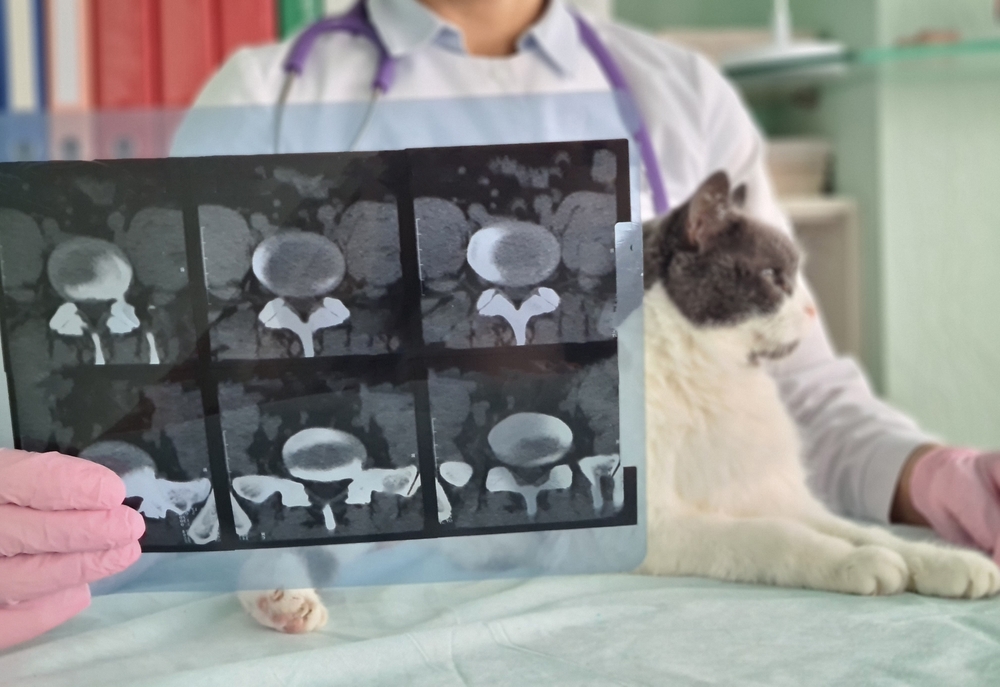
Why Is My Dog Losing Hair? Understanding Alopecia in Dogs
Have you heard of alopecia in dogs? Probably not. If you have a dog, chances are you’ve seen hair in multiple places around the house. Shedding is a natural process for dogs—especially for certain breeds. In fact, most dogs will shed their seasonal coats twice during the year.
But, sometimes changes in things like temperature, environment, or even nutrition can lead to a little bit more shedding. Wondering why your dog is losing hair is not something that should take up a lot of your time. If you’re concerned, it might be another issue—like alopecia—at play.
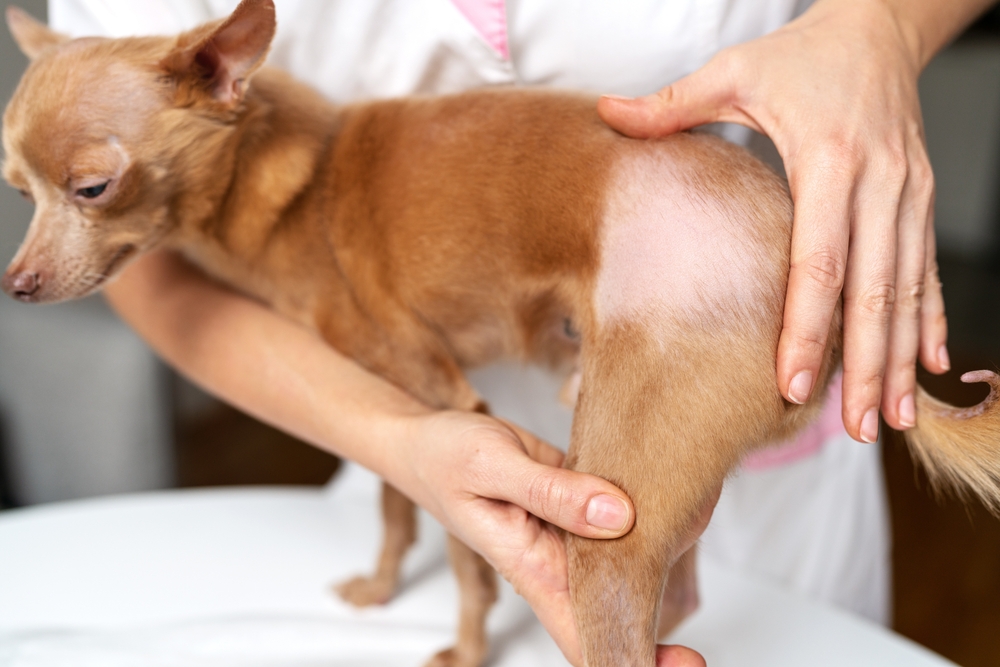
Appreciation for Vet Techs
Oakland Veterinary Referral Services is proud to work in a collaborative environment that allows us to offer top-tier specialty and emergency veterinary care. No hospital, including us, would function well without a team of outstanding veterinary technicians. Whether they work in general veterinary care or have specialized skills to help specialty veterinarians like at OVRS, we love vet techs and everything they do for animals.
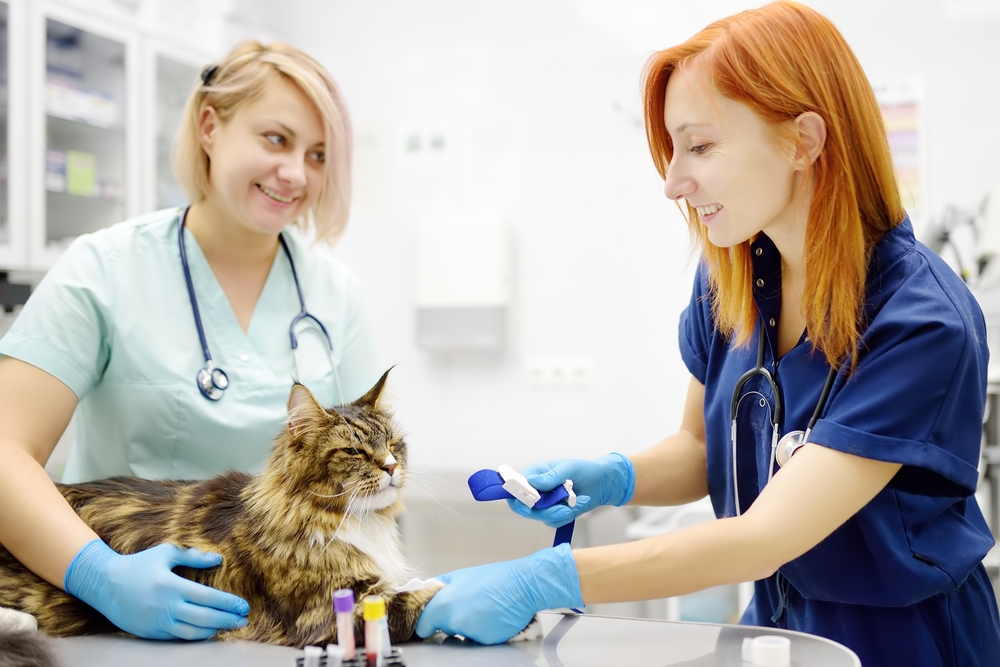
Why Does My Dog Follow Me Everywhere?
Canines are often considered the most loyal of companions. They are quick to offer unconditional love to their humans and don’t like to let their favorite people out of their sight. If you’ve ever wondered, “Why does my dog follow me everywhere,” you’re not alone. This guide will walk you through your dog’s need to be in your personal space at all times:



